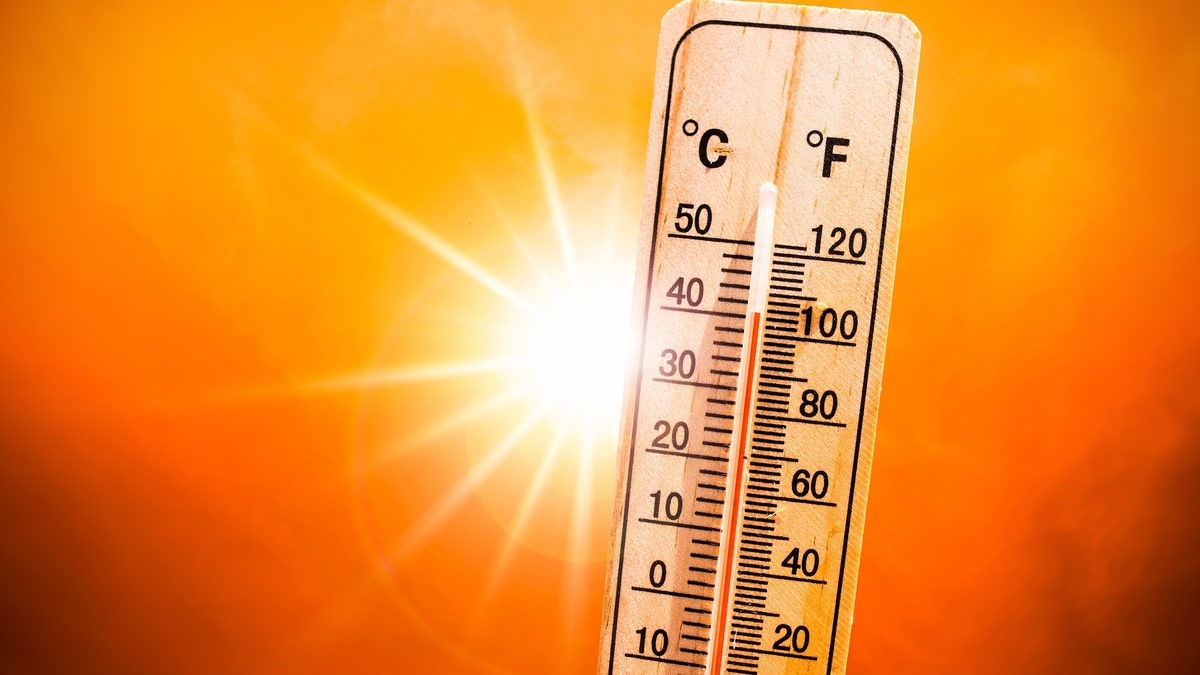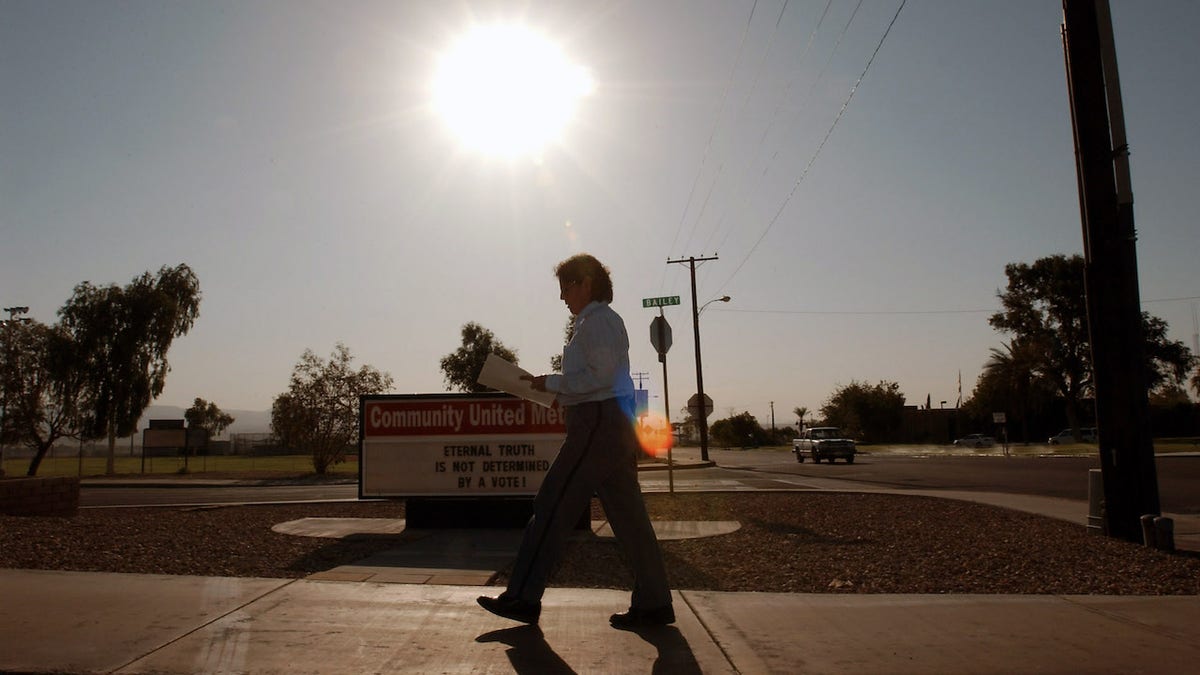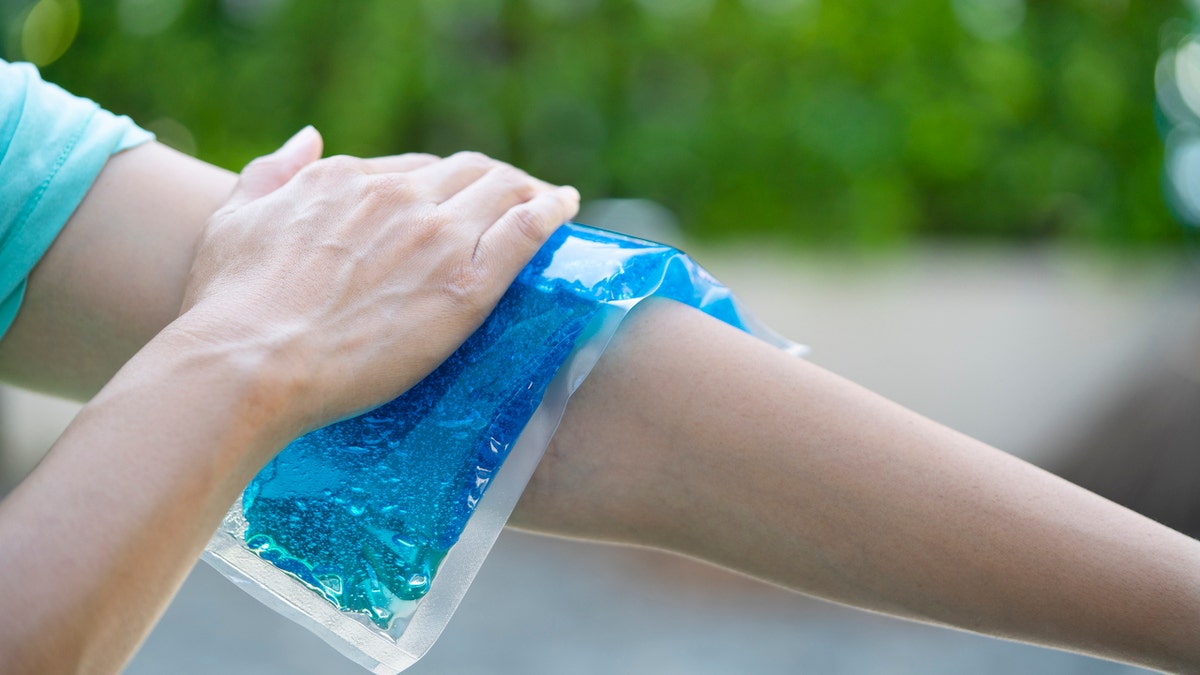Following the tragic passing of a Texas postal worker due to extreme heat, the United States Postal Service (USPS) has implemented earlier start times for shifts in the state. Eugene Gates Jr., 66, collapsed while on duty on June 20th and was later pronounced dead. The heat index on that day soared to a staggering 115 degrees Fahrenheit, marking the Dallas-Fort Worth area's highest temperature since 1980.
A local resident attempted CPR before Gates was transported to Texas Health Presbyterian Hospital. The official cause of death is still pending. Gates, an Army veteran, dedicated 36 years to the USPS and was a respected member of the National Association of Letter Carriers.

This incident underscores the perilous conditions faced by postal workers, especially during periods of intense heat. Brian L. Renfroe, President of the National Association of Letter Carriers, emphasized the importance of recognizing the dangers of excessive heat and understanding the symptoms of heat-related illnesses.

Discussions around the impact of climate change on rising temperatures and heat exposure have also been reignited. Dr. Carl Allamby, an emergency medicine physician, highlighted the risks of heat stroke, emphasizing the importance of preventative measures like hydration and electrolyte replenishment.
Understanding Heat Exhaustion and Heat Stroke
Heat exhaustion arises from excessive loss of salt and water, leading to dehydration and electrolyte imbalance. Symptoms include rapid heart rate, sweating, nausea, headache, weakness, and dizziness. These symptoms can typically be reversed by cooling the individual and replenishing fluids. However, if ignored, heat exhaustion can escalate to heat stroke.
Heat stroke, the most severe heat-related illness, occurs when the body's cooling mechanism fails. This can lead to dangerously high body temperatures, neurological symptoms such as confusion and seizures, and even death if left untreated. Children and the elderly are particularly vulnerable.

Seeking Medical Attention
Heat stroke requires immediate medical intervention. Call 911 and implement cooling measures while waiting for assistance. Immersion in cold water is the most effective treatment, with ice packs as an alternative. Early treatment is crucial for survival and recovery.

This tragic event serves as a stark reminder to prioritize safety during extreme heat, especially for vulnerable individuals. Checking on neighbors and loved ones can be a life-saving action.








